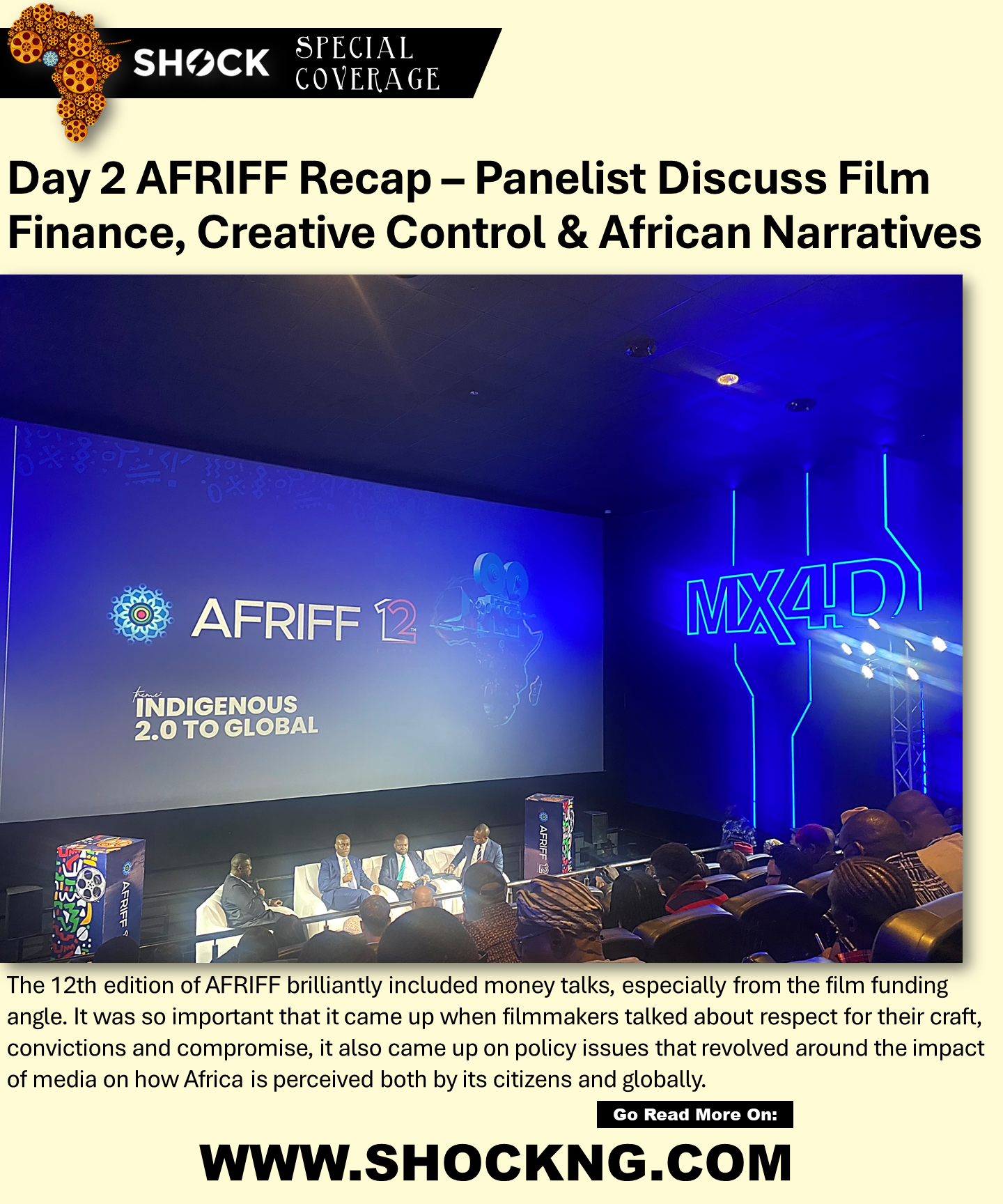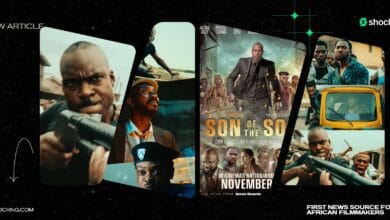The Story⚡
Finance was a captivating hot topic of discussion at the panel sessions on Day 2 of AFRIFF12

Tell Me More
With the creative industry being a relatively new space to financial houses in terms of providing funding, what do financial houses presently think about the creative industry?
Wigwe University, AfreximBank, and PAC Capital were given an avenue to share their perception on the creative industry via a panel session titled “Creating an Enabling Environment For The African Film and TV Industry”
According to Eric Monchu Intong, Head of Mission for Anglophone West Africa, Afreximbank
“It is easy to finance trade. The creative space is relatively new to the finance sector. Do the protagonists/the players involved understand what they want”
An undeniable fact is that there is a demand for financing in the creative space, according to PAC Capital, ever since it established a dedicated desk for creatives, it has received more than $700 Million dollars worth of funding requests from Nigerians.
BB Sasore, Nemsia executive, also disclosed at the event about needing $2 Million to execute his Amazon Studio film slate, raising $700, 000 of the capital from foreign banks and being unable to get input from local banks.
Evidently, there is a ready demand for financial backing by creatives in Africa however, it is not matched by a ready and steady supply. It is an economic aberration for there to be a ready demand and the supply does not arise to meet it, as nature and economics abhors a vacuum.
The present disconnect between the demand and supply side can be bridged by such events as AFRIFF where art has come to meet business, knowledge is exchanged and understanding is achieved.
Eric Monchu Intong in his submission said Afreximbank had a dedicated 1 billion dollar fund for creatives but he hadn’t been able to disburse more than $120 million dollars of the fund because as a risk manager, when you present a deal to him, he needs to understand the deal because when the money goes out, it needs to return.
In turn, Herbert Wigwe opined that to be able to connect to a market, rock-solid contracts with decent distribution outlets were essential.
Contracts, distribution, and returns; are business terms, so the filmmaker has to polish up on business skills, understand the way their film business works and then be able to explain the film business to financial houses. The filmmaker at a point has to look at the making of film from a business lens so they can effectively interact with the financial business.
For Franklyn Upeters of PAC Capital, “Africa will have a billion market for creatives to harness. New business models will have to be developed and adapted for Africa, there will be new channels in addition to the existing channels. For example, in Africa, where is the performance circuit, where are the Arenas from west to east to south to North Africa?”
The businessmen of the financial district on their end are also able to look at the creative industry and using their wealth of experience try to positively affect things, bringing in fresh ideas for growing the industry.
In Summary
Now that the disconnect between the banks and the creatives has been discovered, how do both industries maintain and grow the relationship in a way that is beneficial to both, how do we effectively marry art and business?



